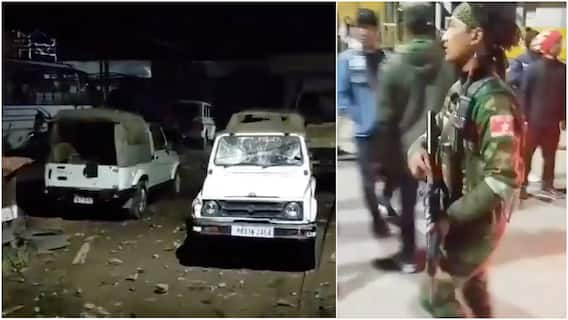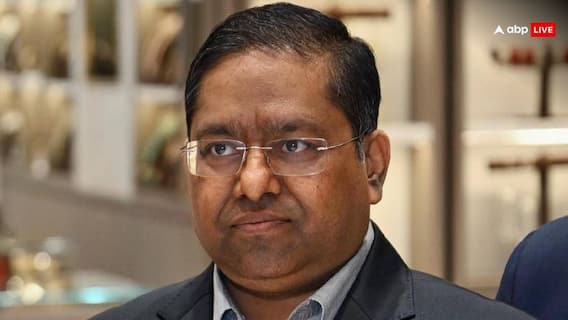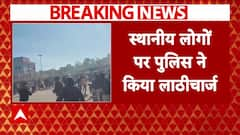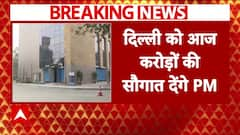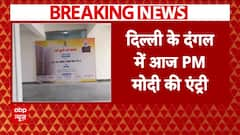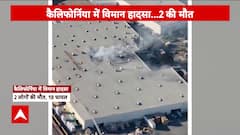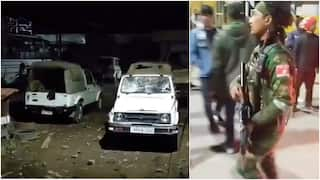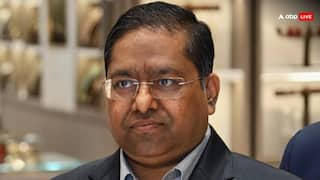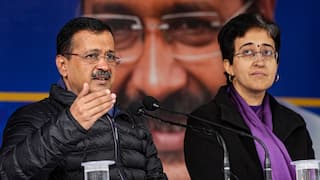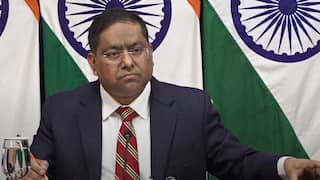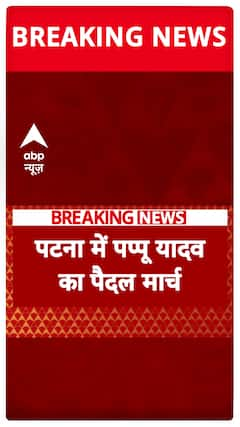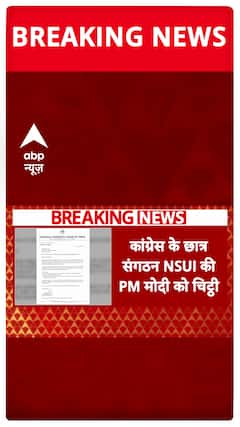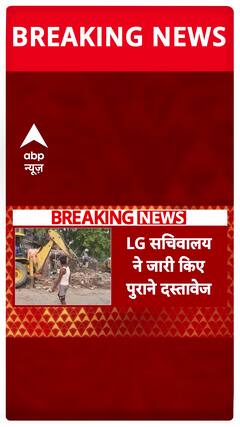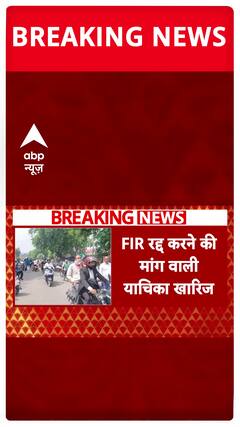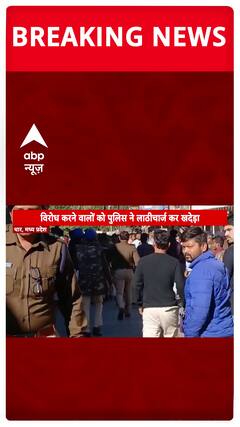Explorer
Advertisement
Gujarat elections: Here's why Supreme Court refused Congress plea for counting of VVPAT slips
Gujarat Elections: It said that the court cannot interfere unless the Election Commission of India's decision to restrict the EVM-VVPAT paper trail to one booth per constituency is proved "arbitrary", "illegal" or "malafide".

VVPAT stands for Voter-Verified Paper Audit Trail.
Photo: PIB
NEW DELHI: The Supreme Court on Friday refused to entertain a plea of the Gujarat Congress seeking counting of at least 20 per cent of the paper trail slips manually along with votes cast in the EVMs in each constituency of the state.
It said that the court cannot interfere unless the Election Commission of India's decision to restrict the EVM-VVPAT paper trail to one booth per constituency is proved "arbitrary", "illegal" or "malafide".
A bench of Chief Justice Dipak Misra and justices A M Khanwilkar and D Y Chandrachud permitted petitioner Mohammad Arif Rajput, a Gujarat Congress leader, to withdraw his plea but granted liberty to file a comprehensive petition later seeking election reforms.
The apex court said that a debate on polls reforms can only take place after the election process in the state is over.
Senior advocate Abhishek Manu Singhvi, appearing for Rajput, said that the counting of the slips of the voter verifiable paper audit trail (VVPAT) machines along with the votes cast in the electronic voting machines (EVM) count in at least 20 per cent of the booths of each constituency would reassure the people about the fairness of the polls.
The bench then questioned the locus standi of the petitioner and asked Singhvi who he was representing.
The counsel replied that he was a secretary of the main opposition party Congress in Gujarat.
The bench told Singhvi that his client had approached it in his personal capacity and he should have let the party take a bold stand and approach the court.
Singhvi said, "I am an officer bearer of the party in the state."
The court told the counsel that a candidate has every right to question the vote count before the returning officer.
"This court can't interfere unless the Election Commission's decision for a random check pf the EVM-VVPAT paper trail in one booth per constituency is proved arbitrary, illegal or malafide. We cannot discredit the Election Commission's decision without cogent material," it said.
After the top court said that it cannot override the EC's complete discretion to conduct the polls, Singhvi scaled down his demand saying that counting of paper trails in at least ten per cent of the booths per constituency should take place.
The bench said that it had recently rejected a petition challenging the discretionary power of a returning officer under 56(D)(2) of the Conduct of Elections Rules, 1961, which confers discretionary power on the returning officer to refuse counting of the VVPAT.
Singhvi again said that counting of the paper trail in a sufficient number will reassure the people about the fairness of the elections through the EVMs.
The court then permitted the petitioner to withdraw his plea but granted liberty to approach it with a comprehensive petition on electoral reforms which could be connected with the VVPAT issue.
What is VVPAT
- VVPAT stands for Voter-Verified Paper Audit Trail.
- VVPAT is a machine which dispenses a slip with the symbol of the party for which a person has voted for.
- The slip drops in a box but the voter cannot take it home.
- The sealed box of paper slips can be accessed only by polling officers.
- Physical slip is also an easier way to cross check the vote count cast on the EVM.
Follow Breaking News on ABP Live for more latest stories and trending topics. Watch breaking news and top headlines online on ABP News LIVE TV
View More
Advertisement
Trending News
Advertisement
Advertisement
Top Headlines
India
India
Health
Cities
Advertisement


Nayanima Basu
Opinion






